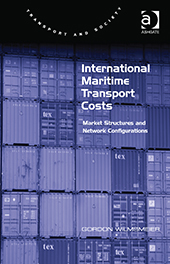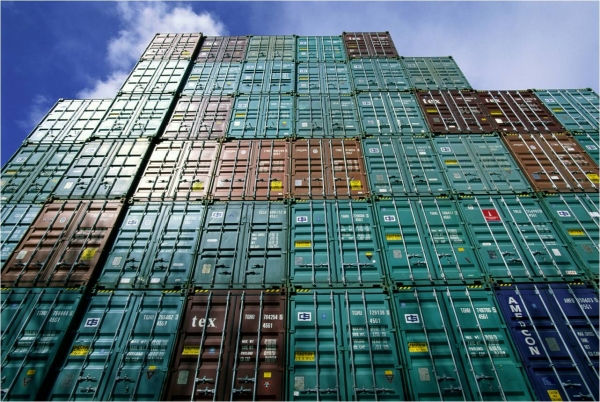‘States and nations are redefining their place in the world at the present time in the wake of the economic, political and cultural transnationalization processes that have occurred in recent decades.
 Each country, each region is seeking to recast its role and potential in accord with its geographical location, its history and the times. This positioning is, of course, conditioned by multiple factors, which include conditions of production, economic and political interests and transport-related issues especially. Maritime transport is the materialization of economic exchange in a globalized world. As a consequence, the performance of maritime transport as a derived demand through its organization, strategies and functioning has facilitated and potentially driven space-time compression and to a certain level affects the position of a country within the global market place. […]
Each country, each region is seeking to recast its role and potential in accord with its geographical location, its history and the times. This positioning is, of course, conditioned by multiple factors, which include conditions of production, economic and political interests and transport-related issues especially. Maritime transport is the materialization of economic exchange in a globalized world. As a consequence, the performance of maritime transport as a derived demand through its organization, strategies and functioning has facilitated and potentially driven space-time compression and to a certain level affects the position of a country within the global market place. […]
The intensification of intra-regional trade is a contingent part and result of trade liberalization and economic development in Latin America. This development brought quantitative and qualitative changes in trade relations and transport services. Transport services have been under constant pressure to accommodate these changes in the structure of demand. Being intrinsic parts of the distribution networks and markets, transport services present a mirror image of the structure and the direction of development of trade flows; however obstacles and barriers for the development of transport are drivers of inefficiencies within the system’.
Based on in-depth empirical research the new book of PortEconomics Associate member Gordon Wilmsmeier, International Maritime Transport Costs: Market Structures and Network Configurations published by Ashgate, develops our understanding of maritime transport costs, the maritime industry and the competitiveness of regions in a global market environment through a geographical lens. Further, the book uses a unique set of data that gives an extensive insight into Latin American international maritime transport costs and its determinants. This is a clear call for policy makers and port authorities to strengthen transnational cooperation in order to improve the development of the whole system of maritime transport, focusing on the causes that put regions at risk of becoming peripheral and uncompetitive.
Find more information on the book @Ashgate website.












